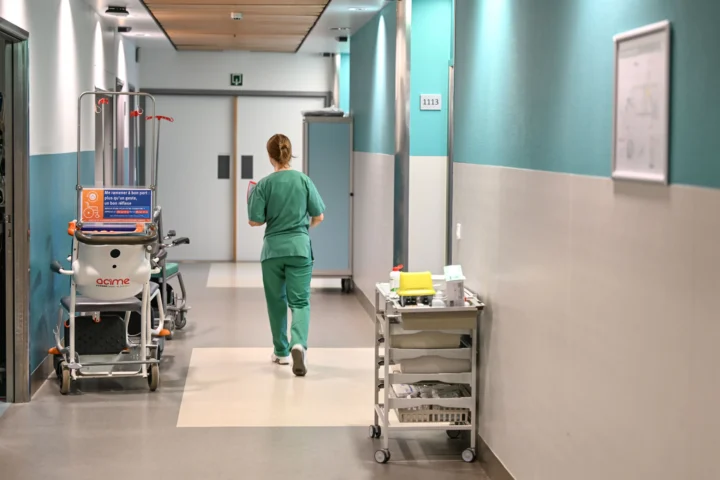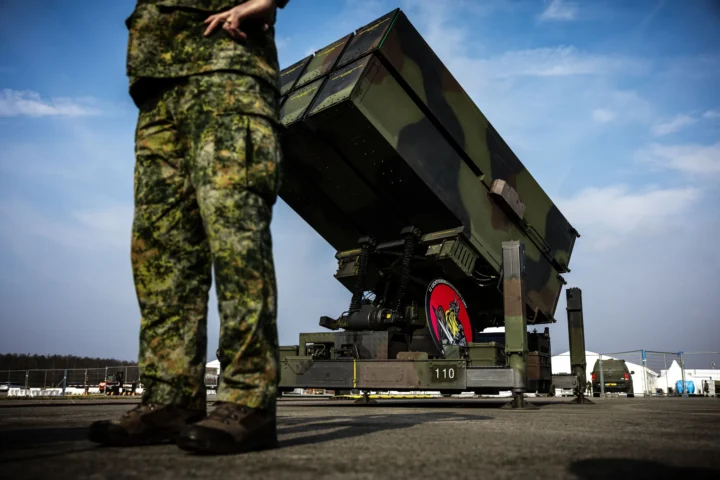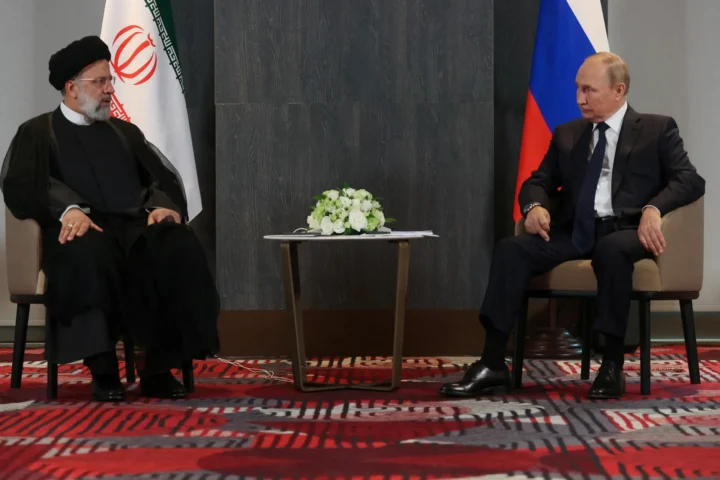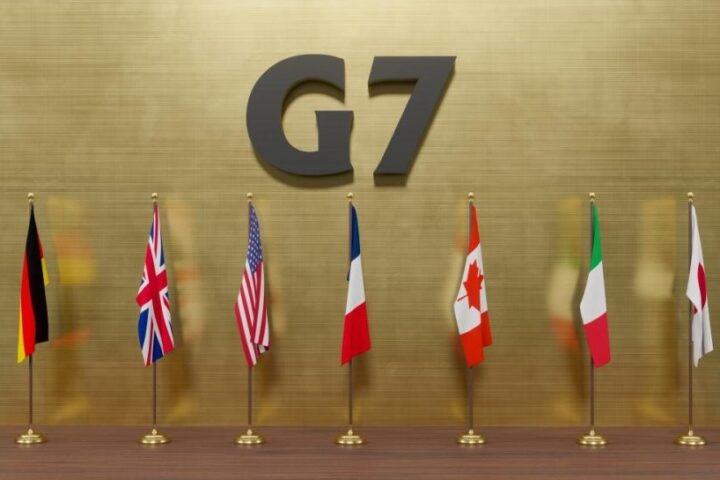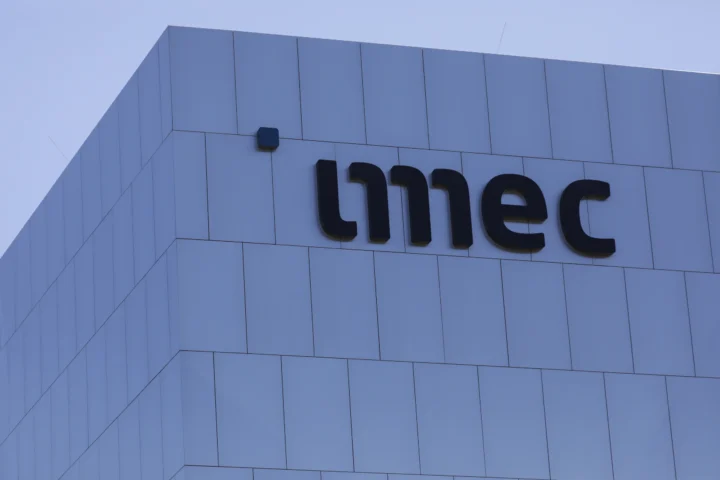The UK’s new Labor government is seeking to strengthen ties with Germany, including the drafting of a new security and defense treaty.
UK Prime Minister Keir Starmer arrived in Germany on Wednesday, his first bilateral visit since taking office seven weeks ago.
German President Frank-Walter Steinmeier will welcome Starmer before talks with Chancellor Olaf Scholz, who will receive him with military honors in Berlin.
The two leaders have already met since Starmer became prime minister. In early July, they both attended the NATO summit in Washington and the European Political Community Summit in England.
Stammer’s Labour Party won the July 4 general election by a landslide, which propelled him to the premiership.
But Starmer’s visit comes in the wake of a recent wave of unrest in the UK after a knife attack led to anti-immigration riots, which officials say were stoked by far-right elements and false information, in the community of Southport last month.
Rebuilding UK’s ties to EU and Germany
The UK formally left the European Union in 2020, but it still remains a member of NATO, the G7 group of industrial democracies and the G20 group of the world’s biggest economic powers.
Starmer has ruled out rejoining the European single market, customs union or freedom of movement during his tenure.
But he has pledged to rebuild trust with European allies damaged by Brexit. His timing may be symbolic, as Starmer’s conservative predecessor, Rishi Sunak, waited 18 months before visiting Berlin.

His government said ahead of the trip that strengthening ties with Germany is “crucial” for tackling illegal migration and “boosting economic growth across the continent and crucially in the UK.”
The Labour Party also said it would seek a security and defense treaty with Germany. The deal would be similar to its “Lancaster House” treaty with France.
But it is expected to take several months to negotiate and not finalized until early next year, Downing Street said.
The goal is to boost business and trade, deepen defense and security cooperation, and increase “joint action on illegal migration,” Downing Street added.
Support for Ukraine
Scholz and Starmer are also expected to discuss military support for Ukraine. Both countries have come under pressure over their aid for Kyiv to help it fight off Russia’s invasion.
“Clearly, we always encourage allies to continue the crucial support of Ukraine,” a spokesperson for Starmer said ahead of the visit.
Western allies have reacted cautiously to Ukraine’s recent incursion into Kursk. The main concern is that their weapons could be used on Russian soil, which could put them in direct confrontation with Moscow.
Germany has been the second-largest contributor of aid to Ukraine after the US, but it may reduce that aid next year.

